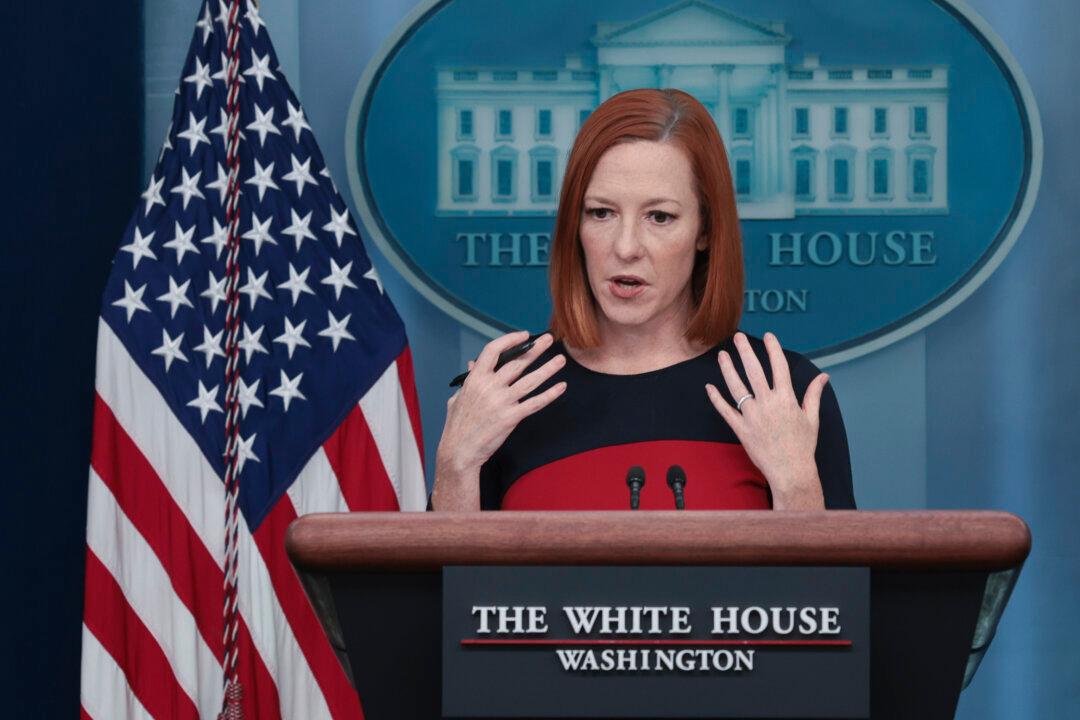The White House offered some pushback Friday to a joint statement issued by Beijing and Moscow.
Russia’s Vladimir Putin met with China’s Xi Jinping on the sidelines of the Beijing Olympics Friday, and the two issued a joint statement.

The White House offered some pushback Friday to a joint statement issued by Beijing and Moscow.
Russia’s Vladimir Putin met with China’s Xi Jinping on the sidelines of the Beijing Olympics Friday, and the two issued a joint statement.